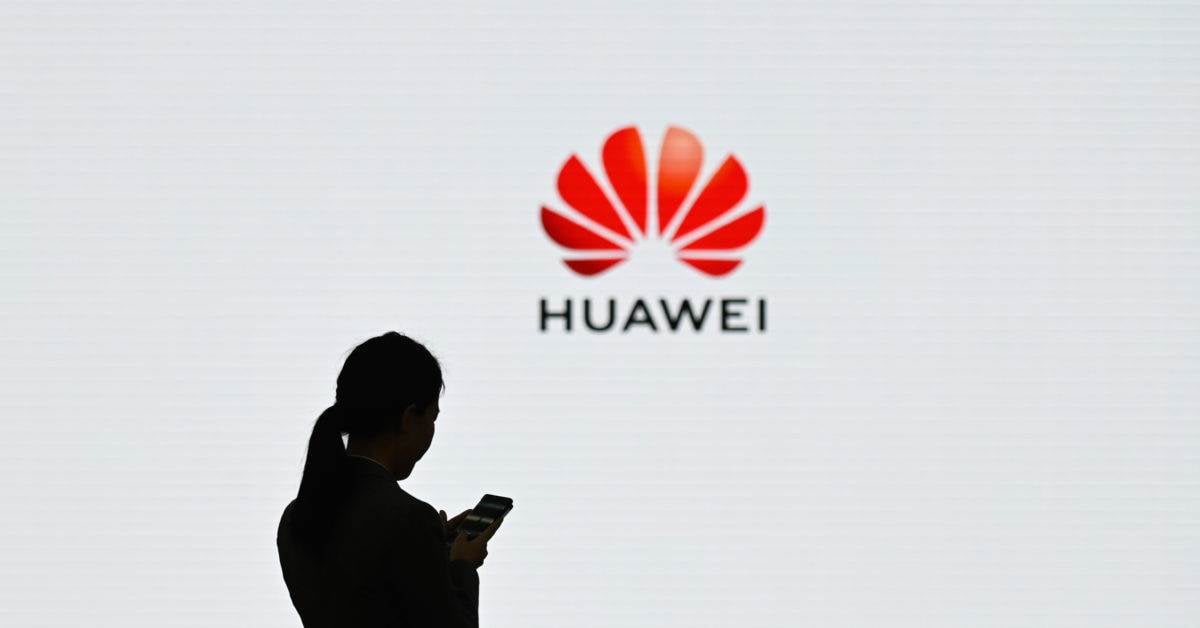Huawei Sanctions Disrupted Chip Supply Chains
US efforts to limit Huawei's business benefitted smartphone makers such as Apple and Xiaomi to chipmakers like Qualcomm to network vendors including Nokia and Ericsson.
-

Huawei sanctions snarled chip supply chains.
The United States' mainly successful effort to stifle Huawei has benefited a slew of other tech businesses, from Apple and Xiaomi to Qualcomm and Nokia and Ericsson.
Therefore, the industry's tremendous disruption exacerbated an existing supply-demand mismatch, increasing the global chip shortage.
According to Neil Shah, a partner at market research firm Counterpoint Research, international sanctions on Huawei pushed by the US had a two-fold effect.
"Firstly, Huawei sucked in most of the components supply to help its smartphone business survive for the next twelve months," Shah said, while Huawei has snatched up the majority of the available short-to-mid-term capacity.
What happened?
As a result, even though the general smartphone market has been relatively flat, mobile companies have been racing to book orders.
Huawei's market share in phones has plummeted as a result of the initiatives, even in China.
According to Counterpoint Research, the business, which had been selling 50 million phones every quarter and was the market leader in China and Europe, saw its global sales collapse to seven million per quarter by the third quarter of this year.
It is worth noting that Huawei’s global market share plunged from a peak of 17% in March 2020 to just 2% in Sep 2021, per Counterpoint.
What does this mean?
The subsequent upheaval benefited practically everyone else in the market to some extent, but it benefited some of the biggest players in tech disproportionately.
Xiaomi, a Chinese gadget maker, was a significant winner in the phone market, capturing a large piece of Huawei's revenue in Europe, where Huawei had previously been a key premium brand.
Huawei's phones were largely powered by its in-house CPUs. Qualcomm benefited mostly from its steep decrease in the high-end phone market, while Taiwanese chipmaker MediaTek picked up even more of the low-end phone market, where it had previously been booming.
However, Huawei remains a strong participant in networking gear, which is perhaps the company's most important industry - particularly in poor countries, where cheap prices are especially crucial.
On the other hand, the company's losses in Europe and other advanced countries aided rivals Ericsson and Nokia.

 3 Min Read
3 Min Read








